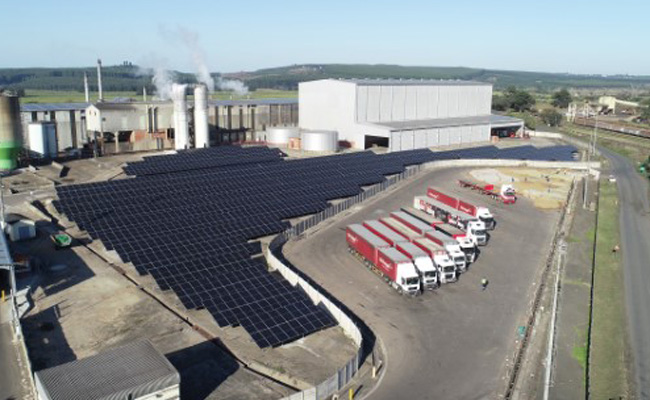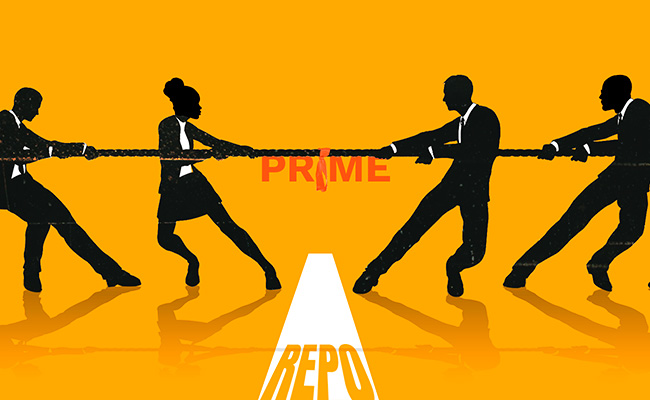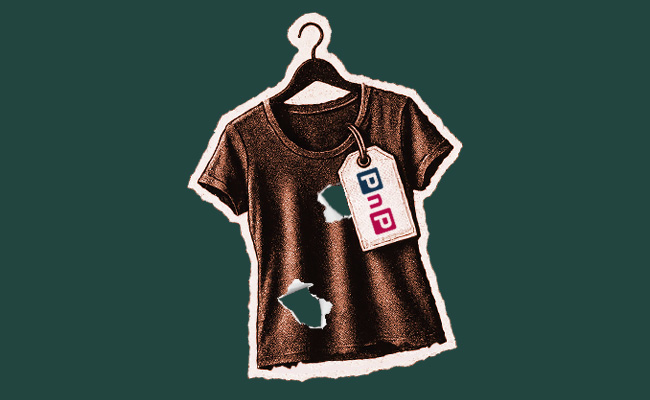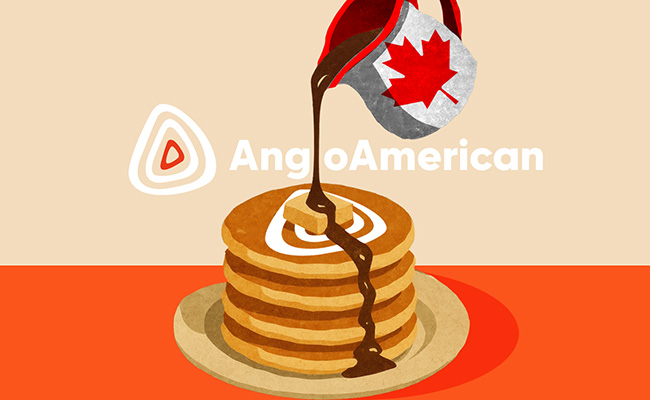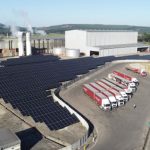Former Competition Tribunal chair David Lewis once described Sasol as a “serial offender” when it came to competition law. That was 15 or so years ago.
At that time, it seemed every other day one or other of Sasol’s businesses were under investigation by the competition authorities.
Things got so bad that at one stage there was talk of the government regulating Sasol’s prices.
And it wasn’t just a South African thing. In 2008 the petrochemical giant was fined R2.5bn by the European Commission for its involvement in a paraffin wax price-fixing cartel.
Back home one of the many precedent-setting cases involved allegations by the Competition Commission that Sasol was charging excessive prices for polypropylene. To most of Sasol’s customers this seemed like a slam-dunk case; the company controlled between 64% and 80% of the market at the time.
But while it might have been obvious to customers, actually proving that a price is excessive turned out to be too tough for the economists and lawyers working on the matter. The case against Sasol was dropped.
Or at least that excessive pricing case was dropped. As it happens Sasol is back before the competition authorities on another excessive pricing case. The commission is currently investigating complaints that Sasol is charging excessive prices for natural piped gas.
And it’s not the only Sasol case the competition authorities are dealing with. In addition to the piped gas case, the commission is now set to look into Sasol’s dominance in the ethylene market.
On the last day of June, KAP subsidiary Safripol lodged a complaint against Sasol at the commission. In a Sens statement, the former Steinhoff subsidiary said it had “requested the commission to expeditiously investigate whether Sasol’s conduct, as the monopoly ethylene supplier in South Africa, is in contravention of the Competition Act”.
Meanwhile, reflecting how urgent the matter is for Safripol, it’s also applied to the Competition Tribunal for interim relief because it’s afraid Sasol will alter the price and quantity of what it supplies. It wants the tribunal to preserve the status quo until the commission finalises the anticompetitive complaint.
That’s because the propylene and ethylene supplied by Sasol under evergreen supply agreements are “the primary raw materials utilised in Safripol’s manufacturing of polypropylene and high-density polyethylene”, says Safripol. It has long considered the exposure to Sasol a risk but, given the nature of its supply contracts, reckoned it was within its risk appetite.
Things evidently changed. The two parties are now in dispute over the volume and price of the ethylene supply agreement.
The good news for KAP’s shareholders, given Safripol’s importance to its top and bottom line, is that KAP is “confident of the company’s prospects”. The not-so-good news is that, according to KAP, the complexity of the matter means the process before the competition authorities will be lengthy.
Old hat
KAP should know. Like Sasol, the company is no stranger to the competition authorities. In fact, there’s currently a price-fixing case making its way through the dense, inner workings of the competition authorities. Covid and detours to the high court have meant this case is taking longer than usual to process.
It involves KAP’s other major business, PG Bison, which manufactures wood-based panel products. All the way back in March 2016 – before Covid and while Steinhoff still existed as a listed entity – the commission initiated a complaint of price-fixing against PG Bison. The commission kicked off its investigation with a dawn raid during which it seized documents and information.
The co-accused was Sonae Arauco South Africa.
In a statement released in February 2020 KAP told shareholders it had undertaken its own extensive investigation immediately after the commission’s dawn raid and discovered conduct that might have contravened the Competition Act. “Not only was this conduct unknown to the PG Bison and KAP boards and executive management but it was also unauthorised and in absolute contravention of the KAP code of conduct.”
It fessed up to the commission, but its application for immunity against prosecution was rejected in favour of Sonae Arauco.
In November 2019 the commission referred its complaint against PG Bison to the tribunal, alleging collusive conduct for the period 2009 to 2016 and requesting a penalty of 10% of PG Bison’s annual turnover. In financial 2024, that turnover was just under R6bn; it’s reckoned to have been about R4bn in 2019.
It’s a chunky potential liability, the sort that could create sleepless nights, but KAP seems unflustered. Perhaps this is what ageing does. It is, after all, almost 10 years since the commission’s dawn raid and many years since PG Bison filed a review application with the high court. A spokesperson for the company told Currency they are unaware of the reason for the delay.
Now the matter features as a contingent liability at the back of KAP’s annual results without any value attributed to it. “The directors,” says the contingent liability note, “are of the opinion that PG Bison has a compelling case.”
And even Safripol has had a run-in with the competition authorities before. Recall the excessive pricing case against Sasol back in 2010? Well, Safripol, which held about 20%-35% of the purified polypropylene market, was a co-accused in an earlier part of that case. In August 2010 the commission referred three complaints against Sasol and Safripol for anticompetitive behaviour in the market for purified propylene.
The case against Safripol was settled before Sasol’s excessive pricing case was dropped.
Now, the big question is, which matter will be resolved first: the commission’s very old case against PG Bison or Safripol’s new case against Sasol?
Top image: Rawpixel/Currency collage.
Sign up to Currency’s weekly newsletters to receive your own bulletin of weekday news and weekend treats. Register here.




